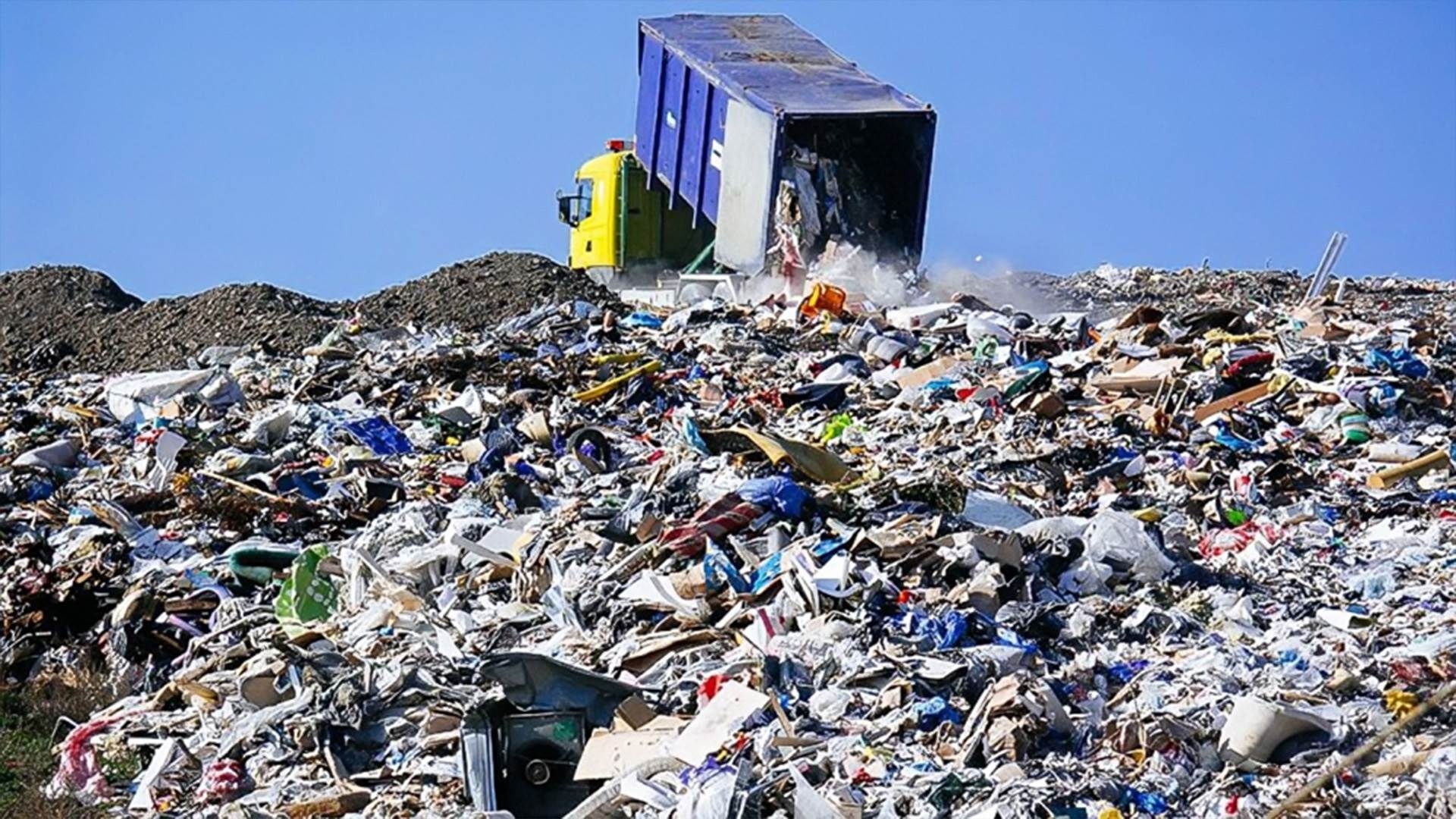world's waste is piling up, Huge impacts on health and economy
First Bank

Who doesn't realize the risk of waste, and its negative impact on society as a whole, from the people who collect it, such as cleaners, landfill workers and burners, to the general public, especially when they gather and accumulate in a particular area The threat of waste is increasing by the day, as revealed by a recent United Nations report, which warned that the world's waste volume of 2.3 billion tons in 2023 would continue its accelerated growth, increasing by two thirds by 2050, given the lack of action to reduce it, which would have a huge impact on health and the economy The report predicted that household waste (without industrial waste and construction waste) would reach 3.8 billion tons by mid-century What makes this a disaster is that the increase in the volume of this waste will be very significant in the country that continues to process it in a contaminated manner, by landfill and open burning, which causes soil pollution, and leads to the emission of greenhouse gases such as methane.
The report stated that despite efforts, little had changed, noting that billions of people were not collecting their waste.
If urgent action is not taken, the rate of waste production will rise significantly globally due to rapidly growing economies, including Asia and sub-Saharan Africa, where many countries already face challenges in managing the current level of production, the report noted.
He explained that between 400 thousand and 1 million people die each year from diseases associated with unsound waste management (diarrhoea, malaria, cardiovascular disease and cancer).
He noted that waste left on the ground led to the prolonged deployment of pathogens, heavy metals and others in soil and groundwater in the open air, while releasing persistent pollutants into the atmosphere, Organic waste degraded in landfills is responsible for 20% of human methane emissions, the most warming gas of all greenhouse gases.
The report warned that the direct and indirect cost of the world's waste would rise to $640 billion a year by 2050 if it does not move to confront this dangerous situation.













